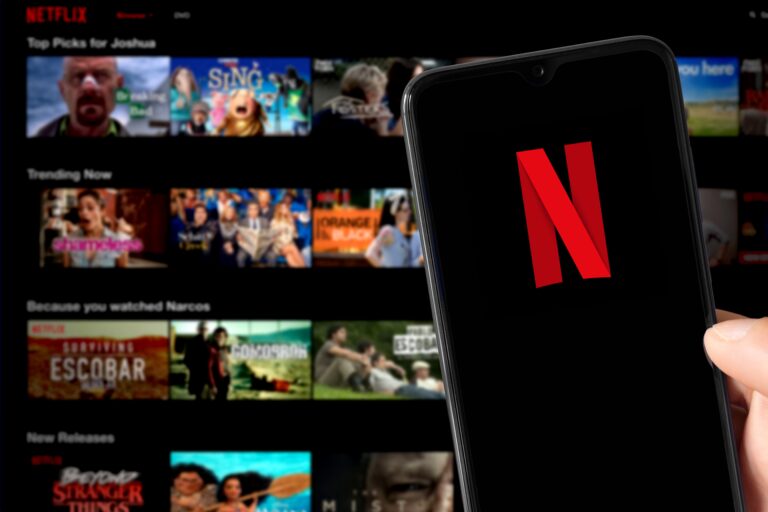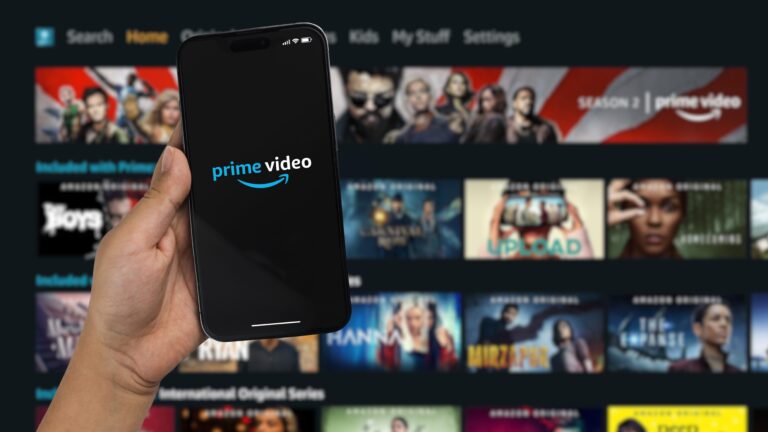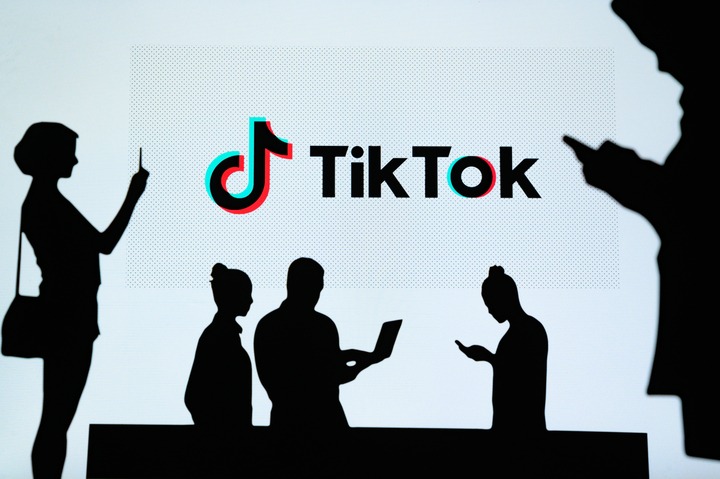The cat’s out of the bag: everybody’s a storyteller these days. Why? Because it works. Such is the reality of the modern world — everything from 280-character tweets to 40-minute branding videos are telling stories, and it’s what drives all consumed content, including successful marketing. That’s why being a great storyteller is crucial to the success of your business.
Context
Okay. So maybe you’re a newbie at this. But consider the following: even the product reviews (at least the good ones), product demonstration videos, the ‘About Us’ section of your website, and your video marketing can tell a story.
Storytelling is what makes or breaks the success of businesses. While it may not not be obvious in the most practical sense, thinking about storytelling in your content will elevate it from a mere message, to an engaging story that people resonate with.
Stories engage people’s attention
With attention being so hard to come by these days — the kids distracting you from work, your lovely dog that needs walking, the dinner that needs making — catching people’s attention becomes a critical part of drawing in any success.
Storytelling has been around to captivate people’s attention for as long as we have existed. It’s existed even when there were cavemen drawings and ancient Egyptian hieroglyphics told stories — which are still attracting attention today!

Modern evidence is also indisputable. Consider Superbowl ads, the celebrated epitome of great advertising. People are excited to see what kind of creative stories mega-companies can tell.
We’re a fan of the 2020 Little Caeser’s Superbowl ad when the sliced bread CEO has a breakdown over a whimsical comment over pizza. Give it a watch! You’ll see just how much story they managed to pack into this one, and it barely focused on how good their pizza is. It’s impressive.
That’s the power of storytelling; if done right, it can give something like pizza an engaging and interesting story to tell. And for your business, you can give your product something just as interesting.
It’s not hard to tell a story
Storytelling is something we do naturally. When we share life moments about which restaurants rock our socks off, when we talk about our day, when we post on social media, we’re a storyteller.
It’s easy to understand when you think about the framework of a story. A Google search will bring up a varying number of story elements, but take a look at 3 simple ones.
Consider these: conflict, character, and resolution. Even though there are more elements, these will suffice when looking at how they can help your business.
Conflict
Otherwise known as the plot in storytelling, conflict is what’s going to be the initial attention-grab, so it’s an important one. But it isn’t hard to find.
Just take into consideration what your business provides. What problem does it solve? What’s the pain point? Why have other solutions failed?
It’s easy to think about the basics of advertising — the customer is suffering from blah, it makes them feel blah, they’ve tried blah and it doesn’t work, here’s the solution. That’s what being a great storyteller is about. Storytelling guides customers from conflict to resolution, which is your product.
And while this storytelling counts as advertising, it doesn’t stop some businesses from simply spouting its product’s benefits. It’s the difference between “Great cheese is sold here,” to “You’ve never tried cheese as soft as this.”
The latter introduces conflict, the need to try this cheese. And it’s going to drive more success to your business than stating it matter-of-fact.
Character
Considering character is simple in your marketing. Who’s the target audience for your business? Who is your customer? This your character.

It’s important to consider what your character is going through, what their buying process is, and what goes on in their minds.
Telling a story with your business; a product that solves their conflict, with them as the character, with your solution, provides an easy passage from original customer interest, to closing the deal.
If you focus on the character, the customers will feel like their problems are being solved, and what you have to offer is meant for them. That drives success.
Resolution
Finally, resolution is how your product helps the character by solving their conflict. By thinking about how your product takes your customers through that process, you’re guaranteed to have a larger impact when you tell this story, rather than not.
Not telling the story misses out on resonating with customers’ pain points, empathizing with who they are, and providing them with that needed resolution. Without this, businesses can kiss success goodbye!
Final thoughts
As you can see, employing as few as 3 simple storytelling elements can really align your business with success. It’s a tactical approach to relating with customers as much as possible, and getting that much closer to success.
While it might seem like a pain — just think about how much work that Little Caeser’s ad might’ve taken — it’s certainly worth the effort. With that said, we’re wishing you every success at being a great storyteller for your business. May it go from strength to strength – and never forget that Voice123 has some to the best voice actors on the planet to help you get your message across!


































































































